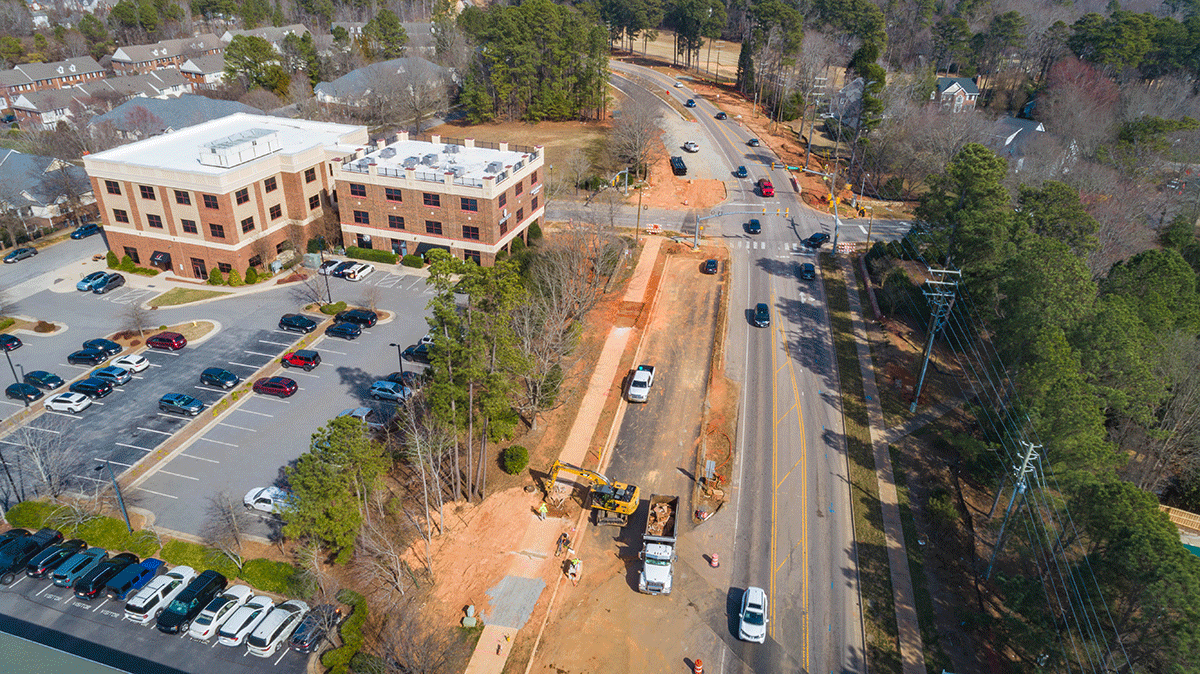Holly Springs Could Bypass Competitive Bidding Requirement Under Proposed Legislation
House Bill 352 seeks to exempt Holly Springs and Fuquay-Varina from the state’s competitive bidding requirements for construction projects.
Holly Springs, NC, Mar. 10, 2025 — A new bill introduced in the North Carolina General Assembly today could change how public infrastructure projects are awarded in Holly Springs and Fuquay-Varina. House Bill 352, sponsored by Representative Erin Paré (R), seeks to exempt these towns from the state’s competitive bidding requirements for construction projects.
If passed, the bill would allow the towns to directly contract for public infrastructure projects without following the standard bidding process outlined in Article 8 of Chapter 143 of the North Carolina General Statutes. The exemption would be in effect until December 31, 2030.
Key Provisions of the Bill
To ensure accountability, the bill includes several safeguards:
Town councils must approve the exemption for each project through a formal resolution.
An independent audit must be conducted annually on contracts that would have otherwise been subject to competitive bidding.
All contracts awarded under this exemption must be publicly disclosed.
A justification document must be prepared and made publicly available, explaining why the exemption was used.
Potential Benefits and Drawbacks
Supporters argue that removing competitive bidding requirements will speed up infrastructure projects, reduce bureaucratic delays, and give towns greater flexibility in choosing contractors based on experience and reliability rather than solely on cost. It could also support local businesses by making it easier for smaller contractors to secure public contracts.
However, critics warn that bypassing competitive bidding could lead to favoritism, higher costs, and reduced transparency. Some fear that without an open bidding process, politically connected firms may benefit disproportionately, and taxpayers may not receive the best value for their money. Watchdog groups may scrutinize the bill for potential ethical and legal concerns.
What's Next?
If approved, the legislation would take effect immediately and impact any contracts entered into through the end of 2030. The bill is expected to generate debate among local leaders, contractors, and residents.
For more information or to share your feedback on the proposed legislation, residents can contact the bill’s sponsor and/or their District Representatives:
Representative Erin Paré (Republican Party)
Contact Information:
Website: https://www.ncleg.gov/Members/Biography/H/770
Office Phone: 919-733-2962
Email: Erin.Pare@ncleg.gov
Representative Julie von Haefen (Democratic Party)
Website: https://www.ncleg.gov/Members/Biography/H/758
Office Phone: 919-715-0795
Email: Julie.vonHaefen@ncleg.gov

